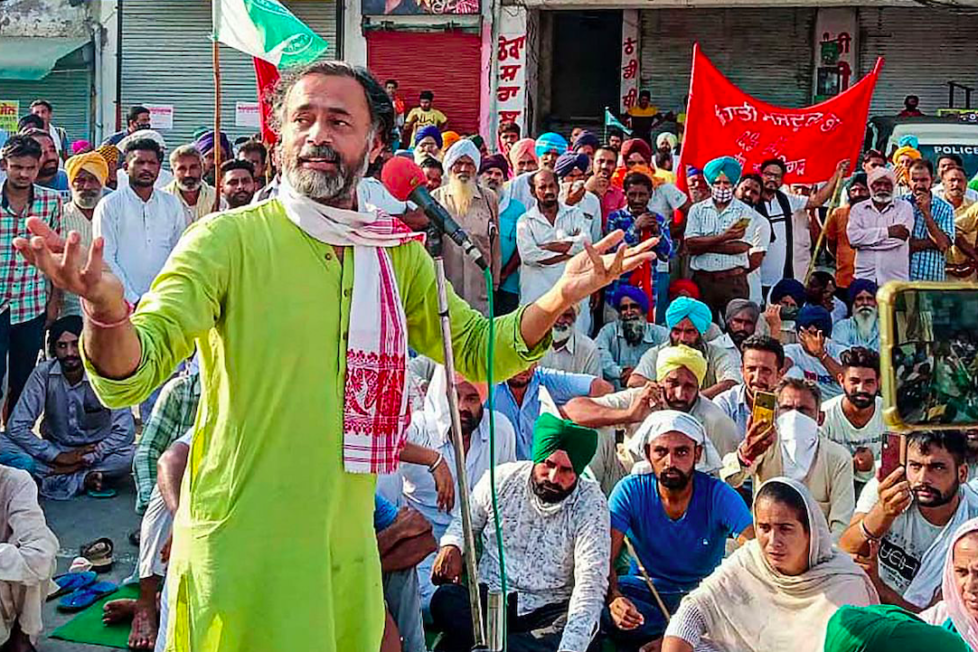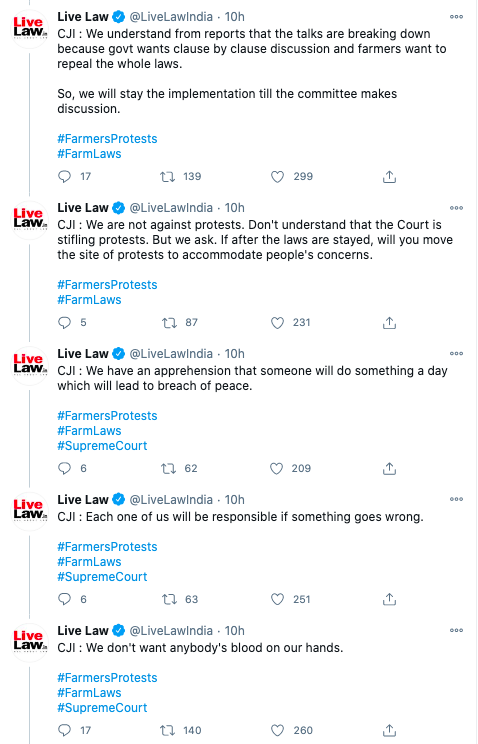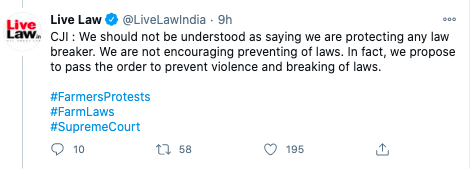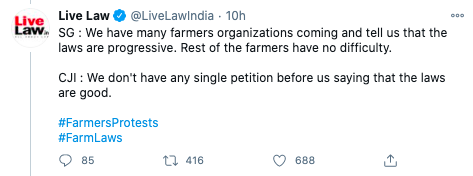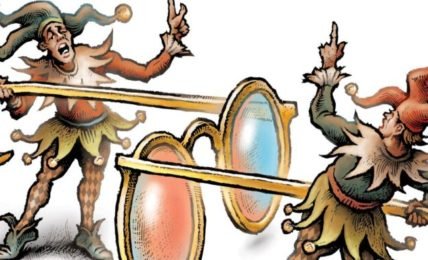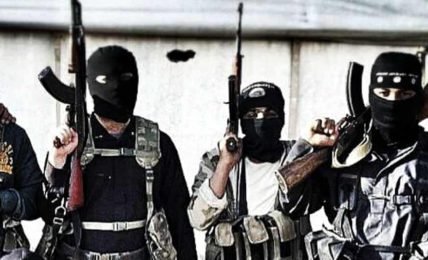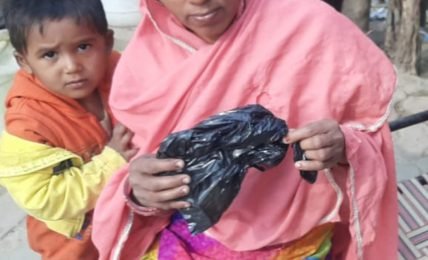Law vs Order or Law and Order?
If Democracy is used to subvert Democracy, to what level should Order be maintained at the expense of Law, should the state go into a decision free or should the state use it's might to bring the situation back to normal?
